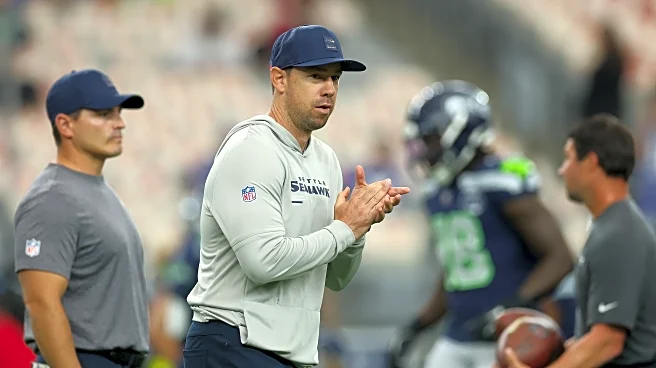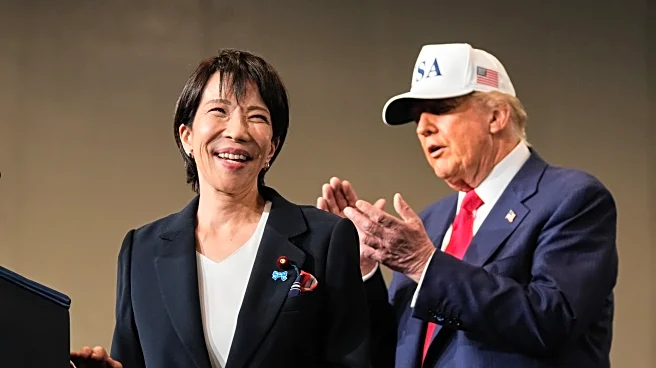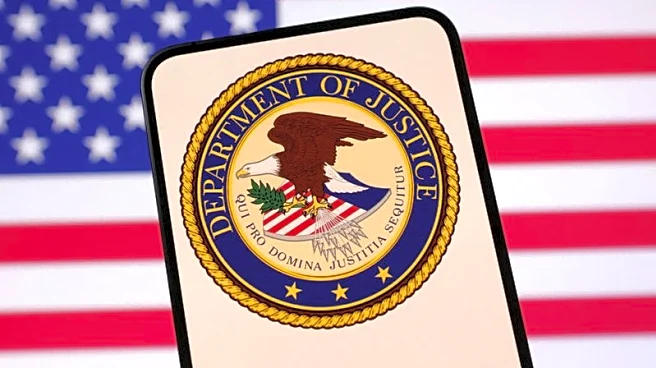What is the story about?
What's Happening?
A federal government shutdown has commenced following a deadlock in Congress over funding measures. Republicans proposed a short-term funding bill to maintain current government spending levels until November 21, but Democrats blocked it, demanding the reversal of Medicaid cuts and the extension of tax credits for health insurance premiums. The shutdown requires agencies to furlough non-essential employees, while essential workers continue without pay. Approximately 750,000 federal employees could be furloughed daily, costing $400 million in compensation. Essential services like Social Security, Medicare, and veteran health care will continue, but many federal workers face financial stress due to missed paychecks.
Why It's Important?
The shutdown highlights significant political divisions, particularly concerning health care funding. The impasse affects federal employees and could have broader economic implications. While short-term shutdowns have limited immediate economic impact, prolonged shutdowns can create uncertainty about government roles and financial impacts on funded programs. The Congressional Budget Office estimates a direct reduction in economic growth by 0.15 percentage points per week of shutdown. The situation underscores the contentious nature of health care policy and budget priorities in U.S. politics.
What's Next?
The shutdown's duration remains uncertain as neither party shows signs of compromise. The White House has threatened aggressive measures, including mass layoffs, which could exacerbate the situation. Agencies are preparing contingency plans, with some services continuing and others facing disruptions. The National Park Service and Smithsonian Institution have yet to finalize their plans. The shutdown's resolution depends on negotiations between lawmakers, with potential impacts on public services and federal employees.
Beyond the Headlines
The shutdown raises questions about the role of government and the prioritization of public services. Ethical considerations arise from the potential mass layoffs and the impact on federal workers' livelihoods. The situation may influence public perception of government efficiency and accountability, potentially affecting future elections and policy decisions.


















